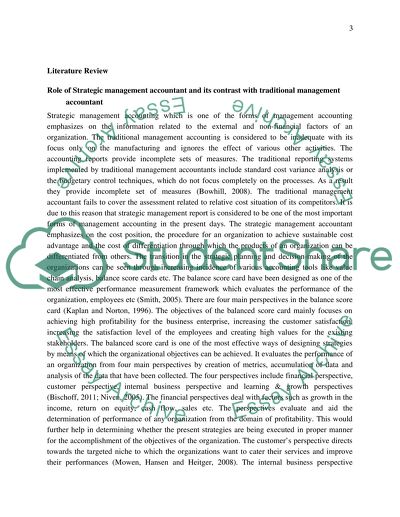Cite this document
(“To what extent does strategic management accounting contribute to Literature review”, n.d.)
To what extent does strategic management accounting contribute to Literature review. Retrieved from https://studentshare.org/finance-accounting/1488296-to-what-extent-does-strategic-management
To what extent does strategic management accounting contribute to Literature review. Retrieved from https://studentshare.org/finance-accounting/1488296-to-what-extent-does-strategic-management
(To What Extent Does Strategic Management Accounting Contribute to Literature Review)
To What Extent Does Strategic Management Accounting Contribute to Literature Review. https://studentshare.org/finance-accounting/1488296-to-what-extent-does-strategic-management.
To What Extent Does Strategic Management Accounting Contribute to Literature Review. https://studentshare.org/finance-accounting/1488296-to-what-extent-does-strategic-management.
“To What Extent Does Strategic Management Accounting Contribute to Literature Review”, n.d. https://studentshare.org/finance-accounting/1488296-to-what-extent-does-strategic-management.


